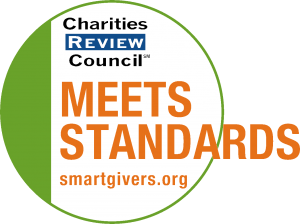Impact and Programs
Accomplishments
In 2023 Urban Boatbuilders:
Served 978 young people ages 12 - 21 years old
In the apprenticeship program:
89% of participants reported that the program helped them think more clearly about their steps toward a successful future
90% of participantsgrew in their ability to work with others
90% of participantsagreed that, “Urban Boatbuilders instructors care about me and support my goals”
98% of program graduated continued their education, enrolled in a training program, or went directly into the workforce
In the partnership program, 100% of partners reported that the program enabled students to:
experience tangible success
Increase their self confidence and believe in their ability to succeed
Redefine the types of relationships that are possible with mentors and adults
Built 19 skin-on frame canoes with youth
Took 812 youth out on the water in their newly built watercraft
Instructed youth on hand crafting 40 paddles
Built 80 longboards with youth
Instructed youth with 62 projects
Current Goals
Urban Boatbuilders plans to engage 66 youth in the Apprenticeship Program and 750 youth in the Partnership Program.
Community or Constituency Served
Our Apprenticeship Program provides paid employment training to underserved youth facing barriers to employment. This program served over 40 youth in 2023.
Our Partnership program delivers academically-enhanced woodworking training to students through hands-on, experiential learning. This program works in partnership with schools and other community organizations and served 884 youth in 2023.
Geographic Area Served
Greater Twin Cities metropolitan area
